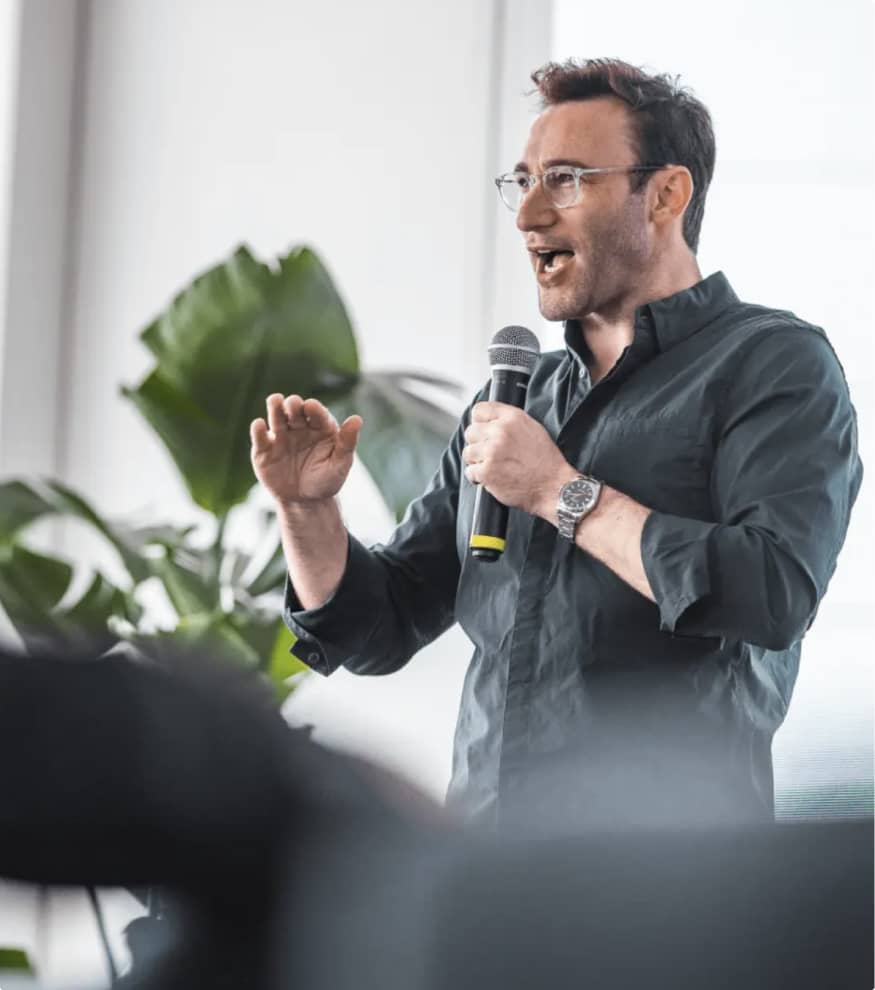There’s a story I love to tell about leadership, but it doesn’t start with a CEO or a general. It starts with someone you’ve probably never heard of—the person who holds the elevator when your hands are full, who notices when you’re struggling and quietly asks, “Are you okay?” The person who makes the coffee and remembers birthdays, who gives away credit and takes responsibility when things go wrong. The person who leads, not because of a title, but because of a choice.
We live in a world obsessed with recognition. Social media, awards, promotions—they all tell us that leadership is about being seen, being celebrated, being known. But real leadership, the kind that changes lives and shapes cultures, often happens in the shadows. It’s the leadership of service, humility, and courage. The kind that asks: would you still lead if no one ever knew your name?
Let’s be honest. That’s a hard question. Most of us want to be noticed. We want our efforts to matter, to be acknowledged. But the best leaders I’ve ever met are the ones who don’t need the spotlight. They’re the ones who understand that leadership is the awesome responsibility to see those around us rise. It’s not about rank or authority. It’s about caring for the person to your left and the person to your right. It’s about making the choice, every day, to help others succeed, even if no one is watching.
I’ve seen this kind of leadership everywhere. In the nurse who stays late to comfort a patient. In the teammate who covers a shift so someone else can go to their kid’s recital. In the manager who listens—really listens—when someone is struggling. These are not grand gestures. They’re small, consistent acts of service. And over time, they build something extraordinary: trust.
Trust is the currency of leadership. It’s what makes people feel safe, valued, and willing to take risks. When we lead without needing recognition, we create a “Circle of Safety”—a space where people know someone has their back. That’s when teams thrive. That’s when innovation happens. That’s when people go home at the end of the day feeling fulfilled, not just employed.
But here’s the thing: this kind of leadership is hard. It’s often thankless, sometimes lonely, and almost always invisible. If everything goes right, you give away all the credit. If everything goes wrong, you take all the blame. It’s like parenting in that way—exhausting, frustrating, and full of moments where you wonder if anyone even notices. But then, out of nowhere, you catch a glimpse of what you’ve built. A team that rallies together. A colleague who steps up for someone else. A culture where people feel safe to be themselves. Those are the glimmers that make it all worth it.
So why do it? Why lead if no one ever knows your name? Because leadership isn’t about you. It’s about the people you serve. It’s about the legacy you leave, not in headlines or awards, but in the lives you touch. The best leaders I know are students of leadership. They’re always learning, always growing, always looking for ways to help others rise. They know there’s no such thing as an expert leader—just like there’s no such thing as a perfect parent. We’re all figuring it out as we go.
And here’s the paradox: the more you focus on serving others, the more your influence grows. Not because people know your name, but because they trust you. They follow you. They become leaders themselves. That’s how cultures change. That’s how movements start. Not with a single charismatic figure, but with countless quiet acts of courage and care.
If you want to lead—really lead—start small. Hold the door. Make the coffee. Ask, “How can I help?” And mean it. Look for the person who’s struggling and offer a hand, not because you’ll get credit, but because it’s the right thing to do. Build trust, one act at a time. Create a Circle of Safety for those around you. And remember: leadership is a practice, not a position. It’s a choice you make, every day.












